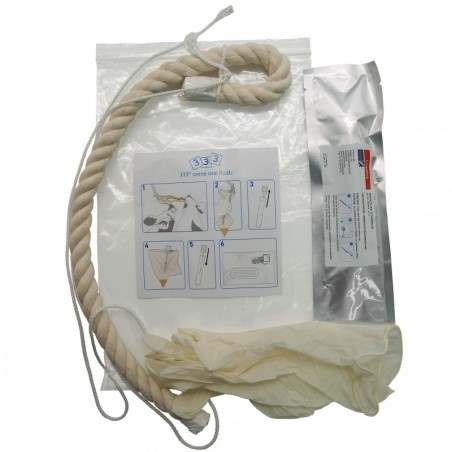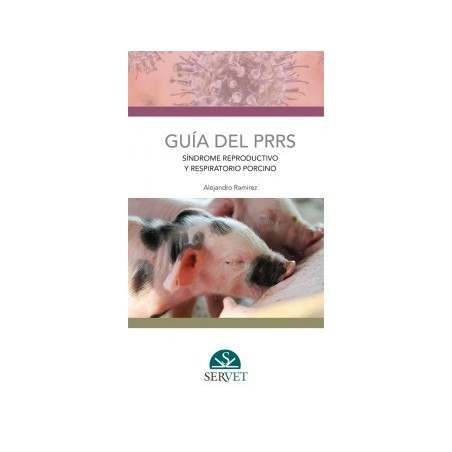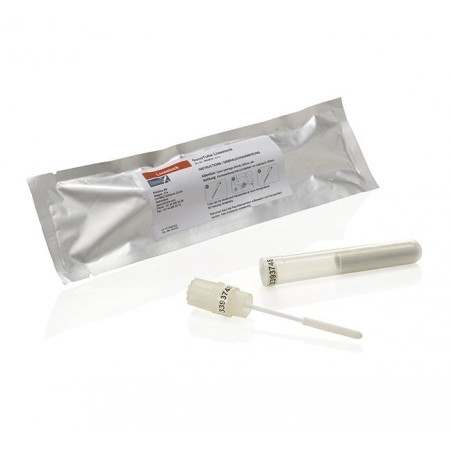Colostrum and milk are the earliest nutrient sources for the newborn piglets. They contain a mixture of constituents such as lactose, proteins, fatty acids (FAs), growth factors and immune cells that are crucial for the transfer of energy and maternal passive immunity, however, they differ in time of secretion and in composition. It was reported that lipid supplementation to lactation sow diets increased fat content in milk resulting in a higher energy intake for piglets which could positively improve their growth. In addition, n-3 FAs and their oxygenated derivatives (oxylipins) have the capacity to modulate immune components. The aim of the current study was to include a fish oil rich in eicosapentaenoic acid (EPA) and docosahexaenoic acid (DHA) in sow diets to promote an increase of anti-inflammatory molecules in colostrum and milk to benefit piglets. For that purpose, thirty-six sows were randomly assigned from mating to the end of lactation to either a control diet with animal fat (15 g/kg in gestation and 30 g/kg in lactation) or an n-3 diet in which animal fat was totally (gestation) or half (lactation) replaced by an equivalent amount of solid fish oil. Performance of sows and piglets was monitored during the study. Colostrum and milk samples were obtained after the birth of the first piglet and at weaning, respectively. From all samples (n = 18 per treatment), FAs were quantified by gas chromatography and immunoglobulins and cytokines by ELISA. Three samples per treatment were randomly selected to analyse oxylipin composition by liquid chromatography-tandem mass spectrometry.
The n-3 FA, particularly EPA and DHA, and also their oxygenated derivatives were increased in samples from sows fed n-3 diet in colostrum and in milk. Fish oil had no effect on immunoglobulin concentrations, but reduced tumour necrosis factor α (TNFα) and a tendency to reduce interleukin 10 (IL10) were observed in milk.

In conclusion, fish oil in sow diets increased n-3 FA, particularly EPA and DHA, and their oxygenated derivatives in colostrum and milk, reducing TNFα and IL10 in milk.
Llauradó-Calero E, Badiola I, Delpino-Rius A, Lizardo R, Torrallardona D, Esteve-Garcia E, Tous N. Fish oil rich in eicosapentaenoic acid and docosahexaenoic acid in sow diets modifies oxylipins and immune indicators in colostrum and milk. Animal. 2021; 15(12): 100403. https://doi.org/10.1016/j.animal.2021.100403






